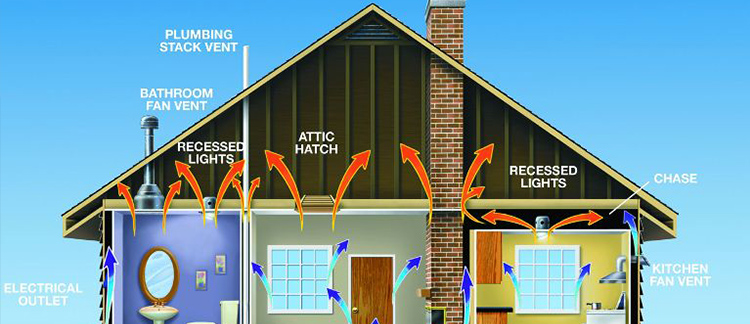
There are four primary types of insulation: Spray Foam Insulation, Wall Insulation, Attic Insulation, and Crawl Space Insulation. At Zerodraft, our experienced insulation team is dedicated to ensuring your New York home is airtight for winter, helping you save on energy bills and stay comfortable all year. Our insulation installation process is both safe and environmentally friendly.
Home Insulation Benefits
Effective insulation is essential year-round. In winter, it helps keep warm air circulating within your home, but drafty windows can compromise that warmth. During summer, a properly functioning HVAC system is crucial for maintaining comfort. At Zerodraft, we're committed to optimizing your home's efficiency.
Understanding the different types of insulation is crucial for maintaining an efficient and comfortable living environment.
Types of Insulation
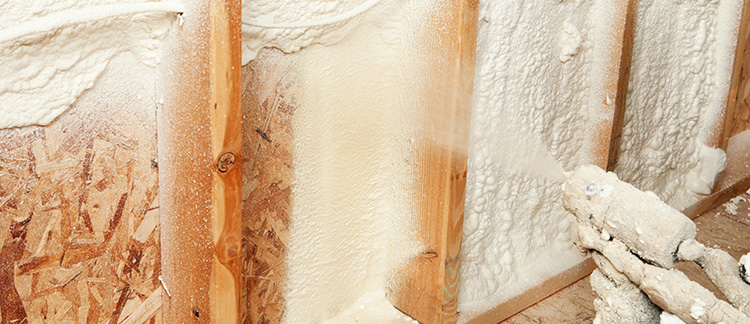
4.) Spray Foam Insulation
This type of insulation is flexible and easy to install, helping to keep costs manageable. Additionally, it effectively blocks air movement due to its dual function. Made from environmentally friendly synthetic materials, spray foam insulation fills gaps and holes in various areas, including walls, roof-wall connections, the edges of doors and windows, and around mechanical and electrical penetrations.
An important advantage of Spray Foam Insulation is that polyurethane foam consistently surpasses the traditional fiberglass insulation in R-value, lifespan, and sustainability over time. By properly insulating your Upstate New York home, you can achieve significant savings on heating and cooling, regardless of the season!
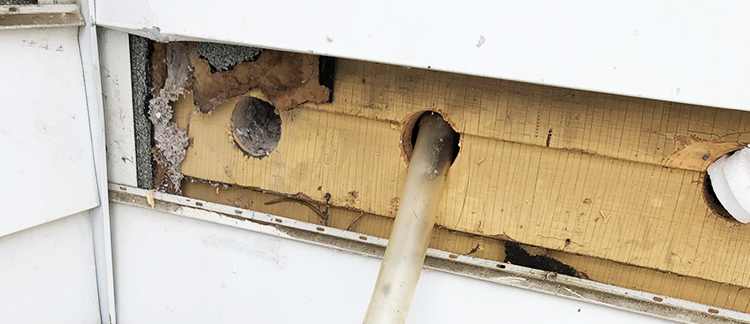
3.) Wall Insulation
When considering wall insulation, several effective options can enhance your home's energy efficiency and aesthetics. We have 4 types of Wall Insulation (Insulated Vinyl Siding, Clapboard Insulation, Cedar Shake Insulation, and Aluminum Insulation).
Insulated Vinyl Siding
Insulated vinyl siding provides an attractive exterior while adding a layer of insulation that helps reduce heat loss during winter and keeps your home cool in summer.
Clapboard Insulation
Clapboard insulation is another great choice, featuring overlapping wooden boards that create a charming, traditional appearance. The space between the boards can be filled with insulation material, providing effective thermal resistance and preventing air leaks, which ultimately contributes to lower energy bills.
Cedar Shake Insulation
In addition, cedar shake insulation offers both beauty and functionality. The natural wood finish enhances curb appeal while providing excellent insulation properties when properly installed. Cedar shakes are also durable and resistant to weather damage, making them a long-lasting option for homeowners.
Aluminum Insulation
Aluminum insulation is a lightweight and versatile alternative, often used in combination with other materials for enhanced thermal performance. Aluminum reflects heat away from the home, making it ideal for warmer climates, while its durability ensures it withstands the elements.
Each of these wall insulation types not only improves your home's energy efficiency but also contributes to its overall aesthetic, making it a worthwhile investment for any homeowner.
Which Type of Insulation is Best for You?
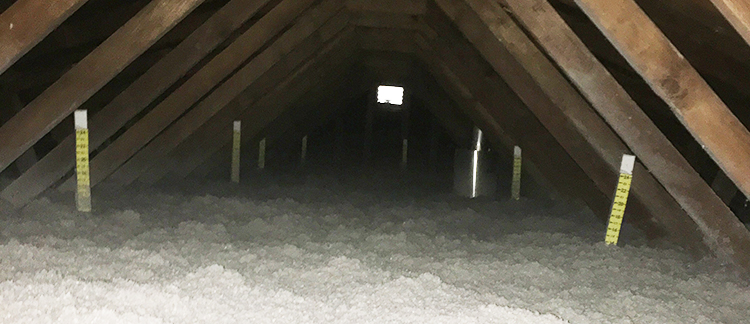
2.) Attic Insulation
Attic insulation is often overlooked, yet it's crucial for maintaining a home's energy efficiency. To determine if your attic insulation needs replacement, first assess its condition. Safely access your attic using a ladder, and then measure the insulation's depth with a ruler or tape measure. For Syracuse homeowners, the insulation should be at least 14-16 inches thick, whether it’s blown fiberglass insulation, mineral wool insulation, or cellulose insulation. If your measurements fall short, upgrading your attic insulation can significantly enhance your home's comfort while lowering energy costs.
Blown-In Insulation is also known as Attic Insulation. Proper attic insulation reduces heat transfer between the interior and exterior of your home. In winter, it helps retain warmth, while in summer, it keeps hot air out, leading to lower energy bills and reduced reliance on heating and cooling systems. Attic insulation can help dampen sound transmission from outside, creating a quieter indoor space. This is especially beneficial in urban areas or homes located near busy streets.
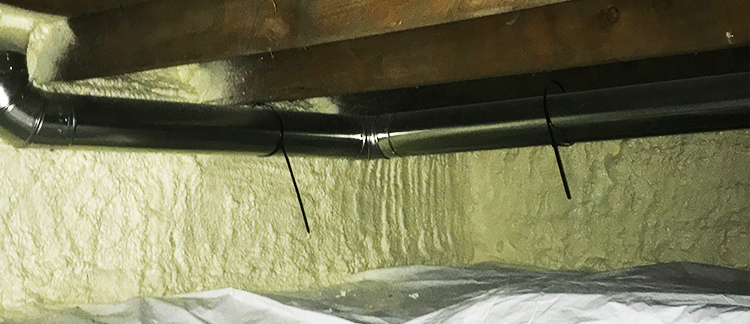
1.) Crawl Space Insulation
Insulating your crawl space is crucial for maintaining heat within your home. Without proper insulation, warmth can migrate from living areas to the roof, resulting in ice dams and increased heating expenses. Moreover, inadequate insulation can let in cold air from outside, which can introduce unwanted moisture into your home.
Crawl space insulation provides several key benefits that contribute to the overall comfort and efficiency of your home. Insulation in the crawl space can minimize the entry of cold, damp air, which helps control humidity levels and prevent condensation, ultimately protecting your home from moisture-related issues. With insulated crawl spaces, homeowners can enjoy more consistent indoor temperatures, eliminating cold floors and drafty living areas, making the home more comfortable year-round.

